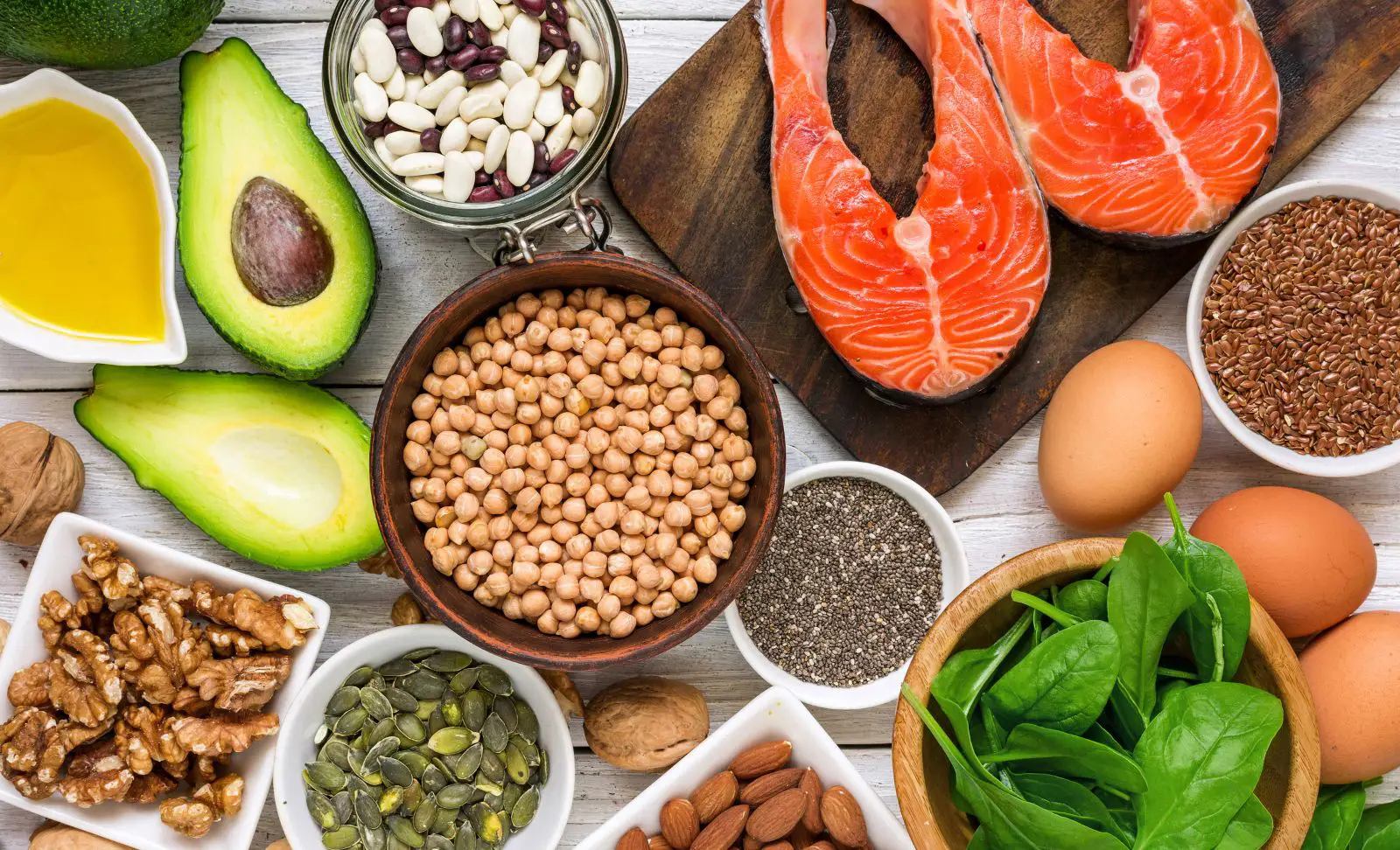 Hair is often considered a reflection of overall health, and what you eat plays a major role in how your hair looks and grows. Whether you're dealing with thinning hair, breakage, or simply want to boost your hair's strength and shine, incorporating nutrient-rich foods into your diet can make a noticeable difference.
Hair is often considered a reflection of overall health, and what you eat plays a major role in how your hair looks and grows. Whether you're dealing with thinning hair, breakage, or simply want to boost your hair's strength and shine, incorporating nutrient-rich foods into your diet can make a noticeable difference.
In this article, we’ll explore the best foods for hair growth, backed by science, and how you can naturally support your hair health through your diet.
Why Diet Matters for Hair Growth
Hair is made primarily of a protein called keratin, and its growth is influenced by your body's ability to produce and maintain healthy cells. This process requires a range of vitamins, minerals, and proteins. A lack of the right nutrients can lead to hair thinning, slow growth, or even hair loss.
By including the right foods in your daily routine, you provide your hair follicles with the fuel they need to grow thicker, stronger, and healthier strands.
Top 10 Best Foods for Hair Growth
1. Eggs
Eggs are one of the best sources of biotin, a B vitamin that plays a key role in hair growth and scalp health. They also contain protein, which is essential for the structure of hair.
-
Nutrients: Biotin, protein, zinc, selenium
-
Why it works: Helps strengthen hair and promotes growth by supporting keratin production
2. Salmon and Fatty Fish
Fatty fish like salmon, mackerel, and sardines are rich in omega-3 fatty acids, which nourish the hair follicles and support a healthy scalp.
-
Nutrients: Omega-3s, protein, vitamin D, B vitamins
-
Why it works: Improves hair density and reduces inflammation that can lead to hair loss
3. Spinach
Spinach is packed with iron, a crucial mineral for hair growth. Iron helps red blood cells carry oxygen to hair follicles, which is vital for strong, healthy hair.
-
Nutrients: Iron, folate, vitamin A, vitamin C
-
Why it works: Fights hair loss and supports healthy sebum production on the scalp
4. Avocados
Avocados are loaded with healthy fats and vitamin E, a powerful antioxidant that helps improve scalp circulation and balance oil production.
-
Nutrients: Vitamin E, healthy fats, B vitamins
-
Why it works: Protects hair from oxidative stress and supports scalp health
5. Nuts and Seeds
Almonds, walnuts, flaxseeds, and chia seeds are excellent for hair health thanks to their high content of zinc, selenium, and omega-3 fatty acids.
-
Nutrients: Zinc, vitamin E, omega-3s, biotin
-
Why it works: Reduces hair thinning and promotes elasticity and moisture in the hair
6. Sweet Potatoes
Sweet potatoes are rich in beta-carotene, which the body converts into vitamin A—essential for cell growth, including hair cells.
-
Nutrients: Beta-carotene, vitamin A, fiber
-
Why it works: Encourages healthy sebum production and supports hair follicle development
7. Greek Yogurt
Greek yogurt is a great source of protein and vitamin B5 (pantothenic acid), both of which support blood flow to the scalp and hair growth.
-
Nutrients: Protein, B5, zinc
-
Why it works: Strengthens hair and improves scalp health
8. Berries
Berries like strawberries, blueberries, and blackberries are loaded with antioxidants and vitamin C, which help the body produce collagen—a protein that strengthens hair.
-
Nutrients: Vitamin C, antioxidants, fiber
-
Why it works: Protects hair follicles from damage and supports iron absorption
9. Beans and Legumes
Beans are a plant-based source of protein, iron, zinc, and biotin—all of which are vital for hair growth, especially in vegetarian diets.
-
Nutrients: Protein, biotin, zinc, iron
-
Why it works: Supports cell repair and strengthens hair strands
10. Oysters
Oysters are one of the best natural sources of zinc, a mineral that plays a key role in hair tissue growth and repair. A lack of zinc can lead to hair loss and scalp issues.
-
Nutrients: Zinc, iron, protein
-
Why it works: Boosts follicle health and reduces shedding
Bonus Tips for Healthy Hair Growth
While eating the right foods is critical, here are a few extra tips to maximize your hair growth results:
-
Stay Hydrated: Hair needs moisture to stay healthy. Drink at least 8 glasses of water a day.
-
Limit Heat and Chemical Damage: Frequent styling, coloring, or heat tools can cause breakage.
-
Manage Stress: High stress levels can trigger hair loss conditions like telogen effluvium.
-
Get Regular Trims: While trimming doesn’t affect root growth, it prevents split ends and breakage.
What to Avoid for Better Hair Health
Certain foods and habits can negatively impact your hair:
-
Excess sugar – May trigger hormonal imbalances that affect hair growth.
-
Low-protein diets – Hair is protein-based; without it, growth slows.
-
Crash dieting – Can lead to temporary hair loss due to nutrient deficiency.
-
Too much vitamin A – Over-supplementation may cause hair shedding.
Final Thoughts
If you're looking to boost your hair health naturally, start with your plate. Incorporating a wide variety of protein-rich, vitamin-dense, and healthy fat-filled foods will not only enhance hair growth but also improve your overall wellness.
Consistency is key. It may take a few weeks or months to notice visible improvements, but nourishing your hair from the inside out is the most sustainable way to achieve long-term results.

You must be logged in to post a comment.